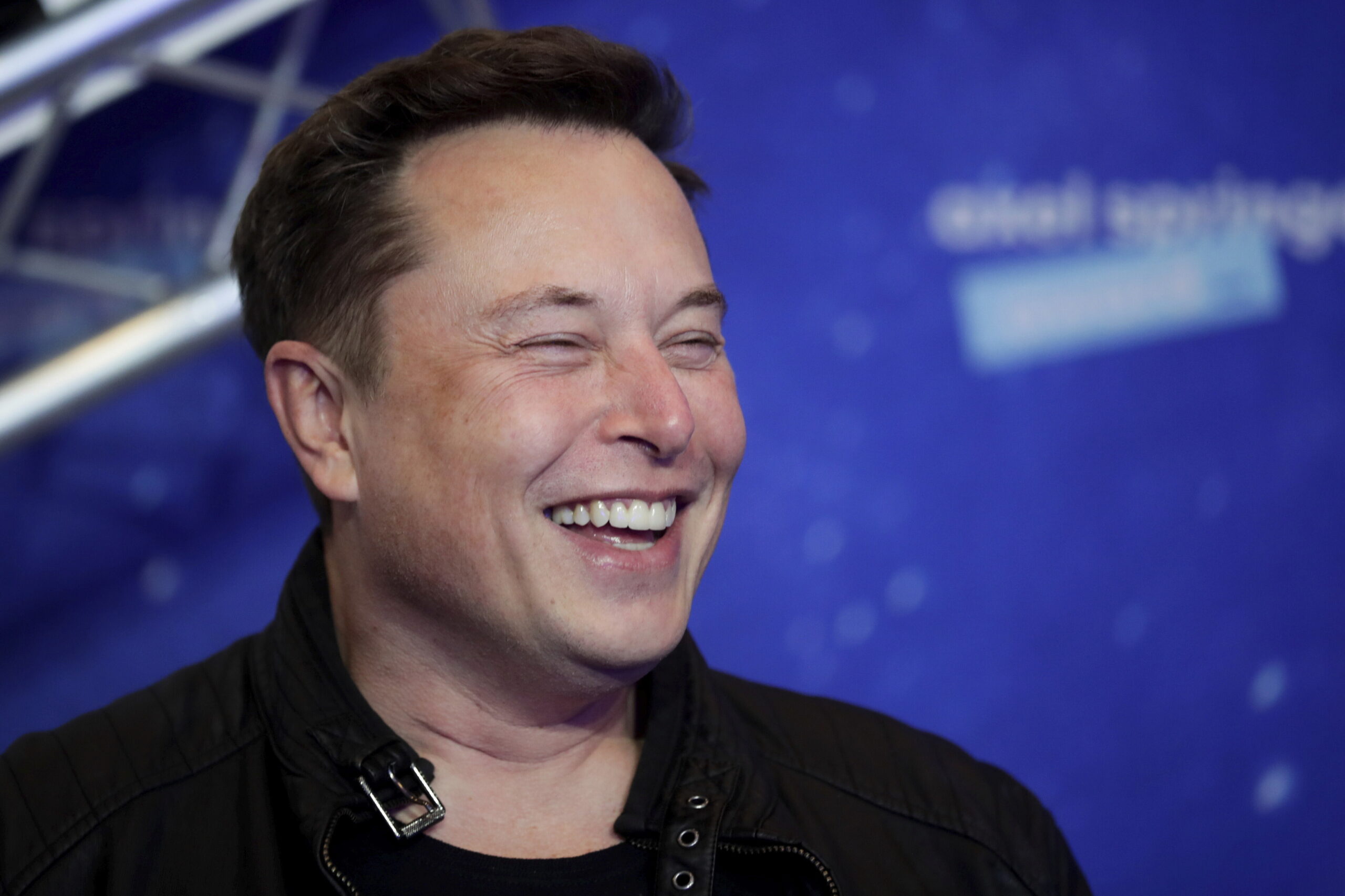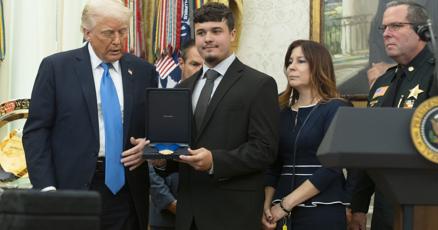
The Billionaire’s Bet: A Tale of Two Fortunes
Elon Musk, a name synonymous with innovation and ambition, has once again made headlines, this time not just for his ventures into space and electric vehicles, but for his political maneuvering. His endorsement of Donald Trump in July 2024 has seemingly paid off handsomely, as his net worth has skyrocketed by a staggering $170 billion, catapulting him to the pinnacle of the world’s richest individuals, with a fortune of $419 billion according to Forbes. This is a story of how political allegiances can shape financial destinies, and the intricate dance between business and government. The world watches with bated breath, wondering if this is a stroke of genius or a gamble with uncertain outcomes. The impact is being felt across various sectors, and the ripple effects are only beginning to surface, making it a compelling narrative of power, influence, and the pursuit of wealth in the 21st century.
The Upswing: Musk’s Companies on the Rise
The most immediate beneficiaries of Musk’s political alignment appear to be his companies. While Tesla’s stock has seen a modest dip of 20% since Trump’s return to office, it has nonetheless enjoyed a 35% surge since Musk’s initial endorsement. Even more impressively, SpaceX’s valuation has nearly doubled, reaching a staggering $350 billion. Furthermore, his AI and social media venture, xAI Holdings, recently underwent a merger in a deal valued at $113 billion, which has subsequently tripled in value over the past year. This financial buoyancy suggests a favorable climate for Musk’s enterprises, possibly fueled by reduced regulatory pressure and increased federal support. It begs the question: Is this a mere coincidence, or is there a deeper, more strategic interplay at work? The landscape is evolving, and Musk’s position is becoming increasingly influential in the business world. The financial gains are undeniable, but the true cost is yet to be fully understood.
SpaceX, in particular, has emerged as a front-runner for Trump’s proposed $175 billion “Golden Dome” missile defense project. It already boasts a substantial $16 billion in federal contracts, including a $6 billion agreement with the Pentagon in April. Starlink, a crucial unit within SpaceX, is also benefiting from tacit support from the U.S. State Department. Diplomats are reported to have exerted pressure on foreign governments to expedite regulatory approvals for Starlink’s satellite internet service, especially in regions like Africa and Asia. Domestically, the FAA is currently testing Starlink for potential use in a nationwide aviation safety upgrade. While no formal decisions have been made, Musk’s satellite network could potentially become a pivotal player in modernizing U.S. air traffic communications. With the stage set, the possibilities seem endless for SpaceX to take off in terms of expansion and contracts.
The Downward Spiral: Roadblocks and Backlash
However, the narrative is not entirely rosy for Musk. Tesla’s sales have experienced a downturn globally, partially attributed to the fallout from Musk’s involvement with DOGE and the Department of Government Efficiency, which aims to dismantle federal agencies. Additionally, tariffs on Chinese imports have inflated Tesla’s supply chain costs, creating further headwinds. Public perception also appears to be shifting, with a majority of Americans, approximately 58% according to a recent Reuters/Ipsos poll, holding an unfavorable view of Musk. Moreover, reports from Congress have raised concerns about potential conflicts of interest arising from Musk’s growing influence. It is becoming evident that even the most ambitious endeavors are not immune to setbacks. The headwinds faced by Musk underscore the complexities of navigating the business world, especially when political affiliations come into play.
The juxtaposition of financial success and public scrutiny reveals the complex dynamics at play. Musk’s ventures may be flourishing financially, but the repercussions of his political endorsements are becoming increasingly evident. The interplay between these successes and failures underscores the intricate dance between business, politics, and public perception. The path forward is marked by both promise and peril, and the ultimate outcome remains uncertain.
The Fallout: A Critical Assessment
The situation is further complicated by the scrutiny of potential conflicts of interest. Critics argue that Musk’s growing influence over the government that regulates his businesses presents ethical and practical challenges. The question becomes: can one individual truly serve both his personal financial interests and the public good? The lines between business and government have become increasingly blurred, raising fundamental questions about transparency, accountability, and the potential for undue influence. The potential consequences extend beyond the financial realm, affecting the very fabric of democratic governance. The intricate interplay of these factors creates an environment where decisions are not just about dollars and cents, but about the integrity of systems and institutions.
The Verdict: A Complex Equation
Ultimately, Elon Musk’s political gamble presents a complex equation with no easy answers. While his ventures appear to be thriving under the Trump administration, the long-term consequences of his actions remain uncertain. The potential for conflicts of interest, public backlash, and reputational damage poses significant challenges. Yet, analysts like Dan Ives of Wedbush Securities maintain an optimistic outlook, believing that the clearing of the federal regulatory landscape and the opportunities presented by Tesla’s AI and autonomous initiatives alone are worth trillions. The interplay of these factors will continue to shape the future of Musk’s ventures and, indeed, the broader landscape of business and politics. In the end, this is a tale of innovation and influence, and the world will be watching how it all unfolds.
Conclusion: Navigating the Political Terrain
Elon Musk’s journey is a clear example of how business and politics are increasingly intertwined. His choices come with risks, including public opinion, legal issues, and ethical dilemmas. But he’s also seeing rewards, like increased wealth and support for his businesses. This creates a complex situation where the rules are always changing. Musk’s actions are being closely watched because they highlight the blurring lines between corporate success and government influence. His story reminds us that success in the modern world isn’t just about making money but also about playing the political game. As Musk said at the Qatar Economic Forum, he intends to scale back on political donations, suggesting a possible shift in his approach. Despite any backlash or reputational damage, analysts see his businesses thriving, signaling that he’s managed to create a unique position at the intersection of business and politics. This is a story about how power, influence, and wealth are being redefined in the 21st century.



